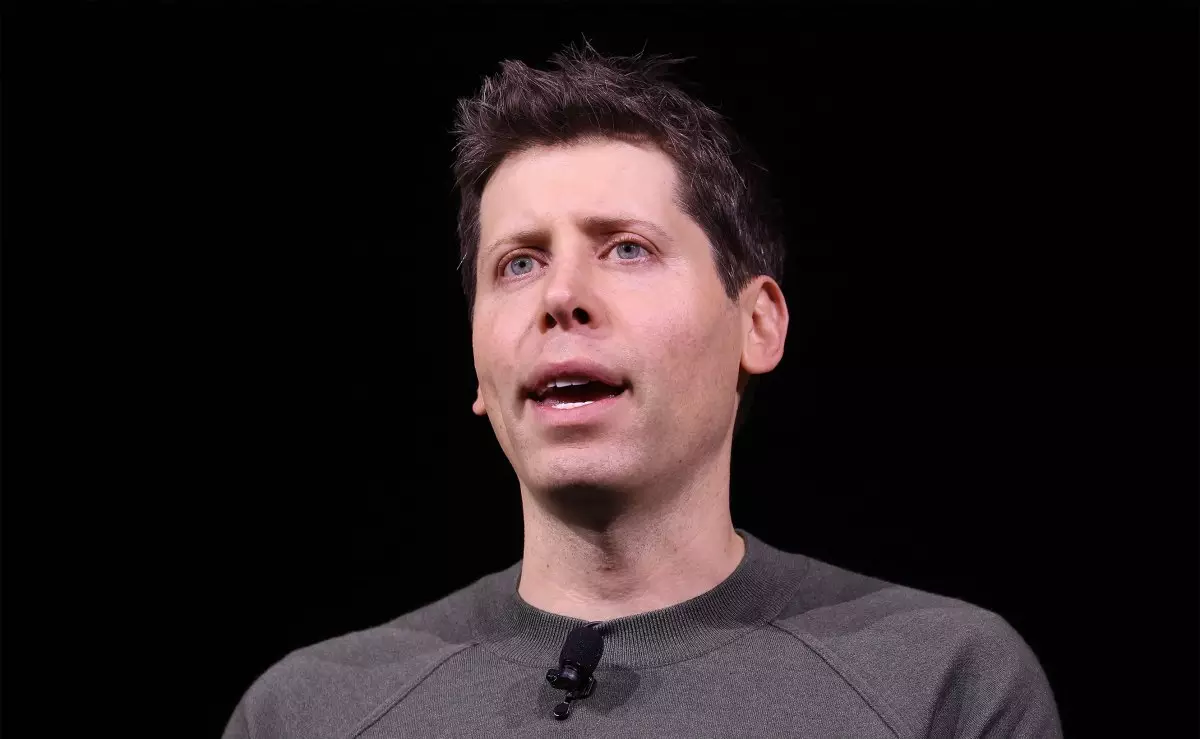In a recent development from OpenAI, CEO Sam Altman has stepped away from the organization’s Safety and Security Committee, initiated back in May to address significant safety challenges concerning the company’s operations and projects. This shift marks a pivotal moment not only for Altman but for OpenAI’s governance structure as well. The committee will now evolve into an independent oversight board to ensure that sensitive safety decisions can be made without the direct influence of the company’s leaders. Chaired by Carnegie Mellon professor Zico Kolter, the board will integrate notable figures from various sectors, including Quora CEO Adam D’Angelo and retired U.S. Army General Paul Nakasone.
The establishment of this independent group signals an attempt by OpenAI to reinforce its commitment to safety in the rapidly evolving landscape of artificial intelligence. However, questions loom about the effectiveness of this transition and whether it can genuinely hold the company accountable, particularly in light of the context surrounding Altman’s exit.
The move coincides with growing concern among policymakers. A letter penned by five U.S. senators to Altman this summer called into question several of OpenAI’s operational protocols. The essence of the senators’ worries reflects a broader unease regarding the ethical standards governing AI technologies. Critics argue that the existing governance frameworks may be insufficient to safeguard against the potential risks that rapid advancements in AI can present to society.
In particular, the departure of nearly half of OpenAI’s staff specializing in long-term AI risks shines a light on the company’s shifting priorities and raises alarms about the depth of its commitment to ethical considerations. Former OpenAI researchers have accused Altman of promoting corporate interests at the expense of “real” AI regulation, suggesting that internal governance may be skewed towards profit rather than public safety.
OpenAI’s substantial increase in lobbying expenditure—from $260,000 for the entirety of last year to an astonishing budget of $800,000 for the first half of 2024—provides significant insight into its approach towards regulation. This hefty investment in lobbying suggests a strategic pivot where corporate ambitions could take precedence over ethical obligations. The company appears to be placing a clear emphasis on shaping policies that favor its commercial interests, potentially leading down a path that could undermine the very safety measures the new oversight board aims to enforce.
While Altman’s recent appointment to the U.S. Department of Homeland Security’s Artificial Intelligence Safety and Security Board indicates an official recognition of the importance of responsible AI deployment, skepticism remains regarding OpenAI’s internal decision-making, especially with the concurrent departure of pivotal staff members.
The effectiveness of the newly formed Safety and Security Committee will largely depend on its ability to navigate the delicate balance between ensuring safety and accommodating OpenAI’s commercial roadmap. As noted in an op-ed from former board members Helen Toner and Tasha McCauley, the challenge lies in the paradox of self-governance amidst profit motivations. They argue that the incentives driving profit will invariably conflict with the company’s ability to self-regulate effectively.
Moreover, with OpenAI reportedly seeking to raise more than $6.5 billion, thereby pushing its valuation beyond $150 billion, the tension between corporate success and ethical responsibility grows more pronounced. The urgency for accountability in AI development has never been greater, and many are left questioning whether the new committee will rise to this challenge or, instead, become a cosmetic measure lacking real power to influence critical safety decisions.
As OpenAI transitions into a new operational structure, all eyes will be on the effectiveness of its oversight mechanisms. The establishment of an independent board is a step in the right direction, but true accountability will depend on a commitment to transparency and a genuine assessment of the ethical implications of AI technologies. Stakeholders, including consumers, lawmakers, and tech enthusiasts, must remain vigilant and engaged in dialogues surrounding the responsibilities of companies like OpenAI in the AI landscape as they navigate this new chapter. The future of AI safety lies not only in the hands of its creators but in the collective accountability we strive to maintain as a society.

